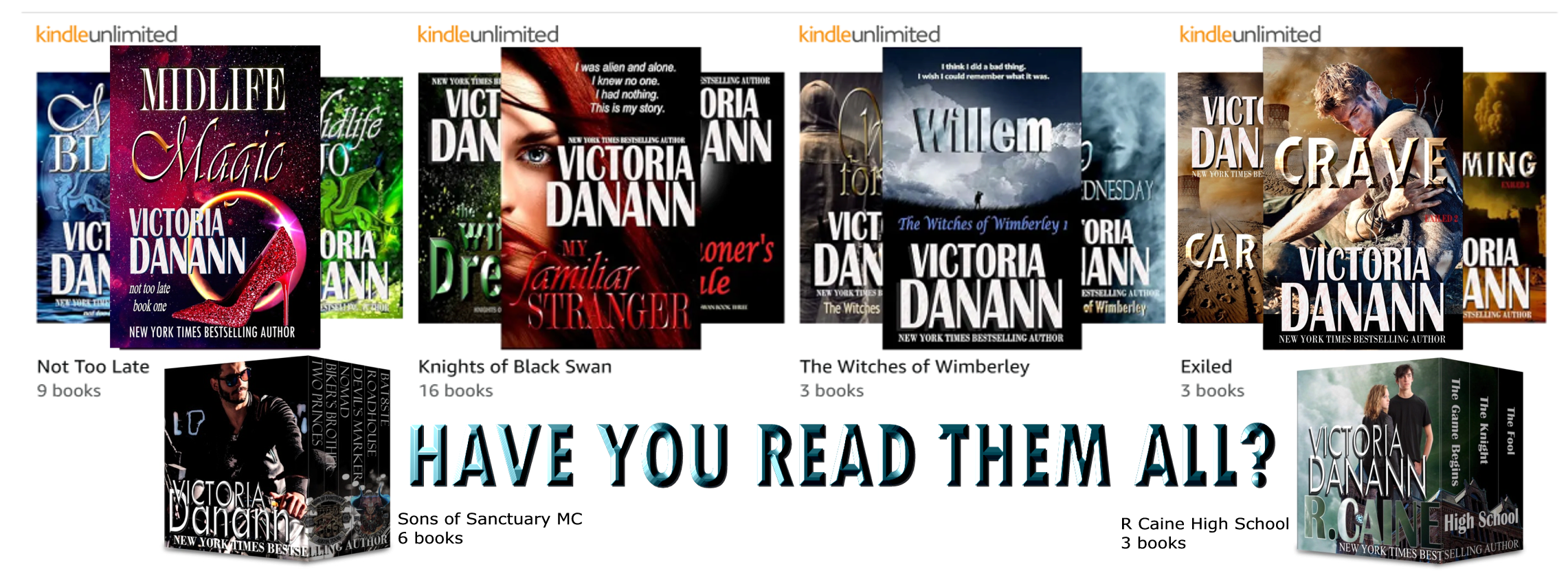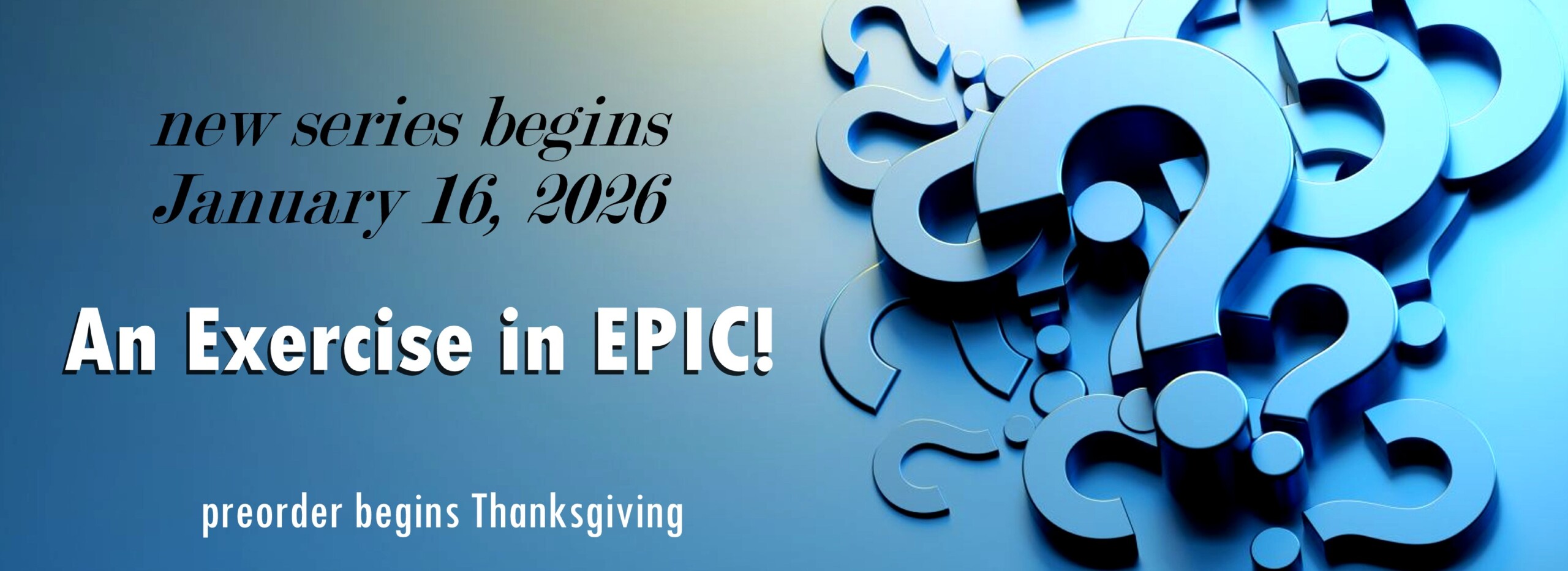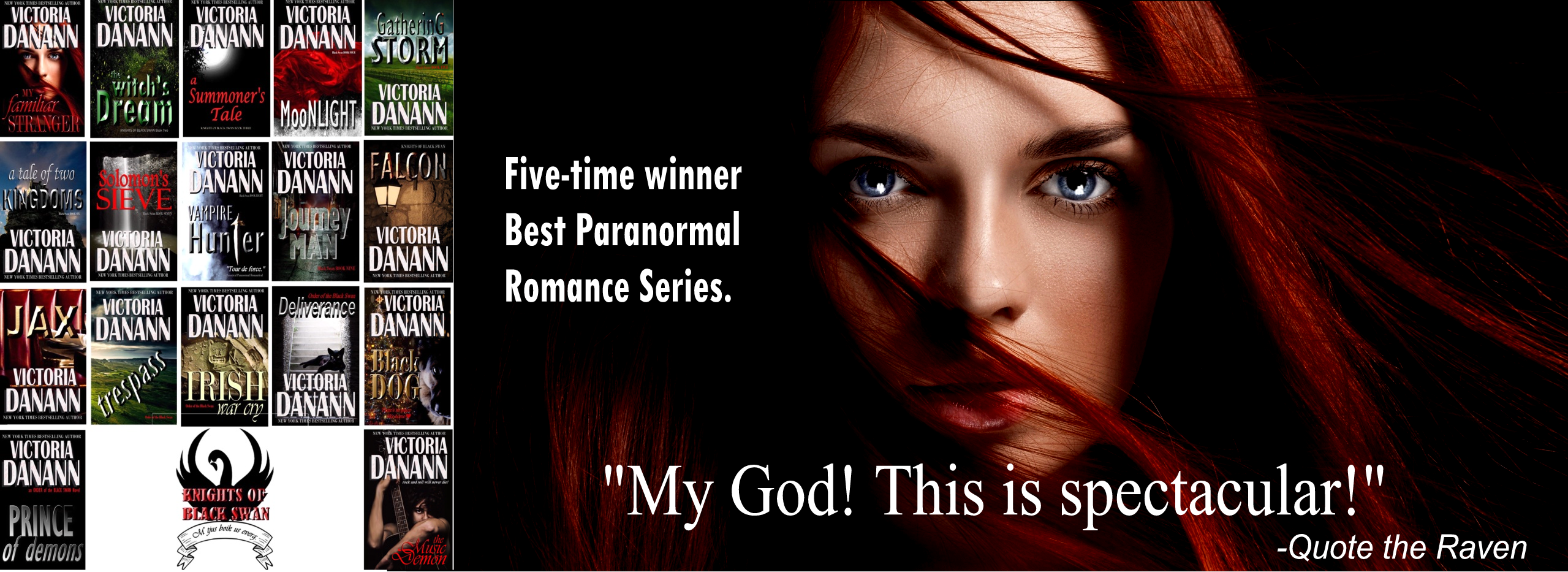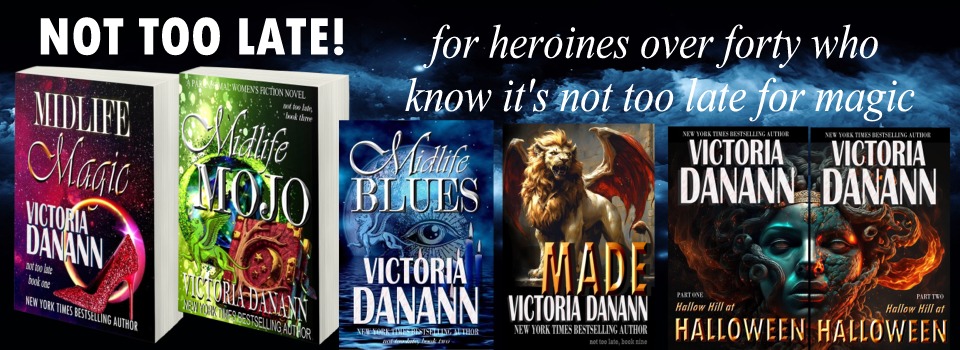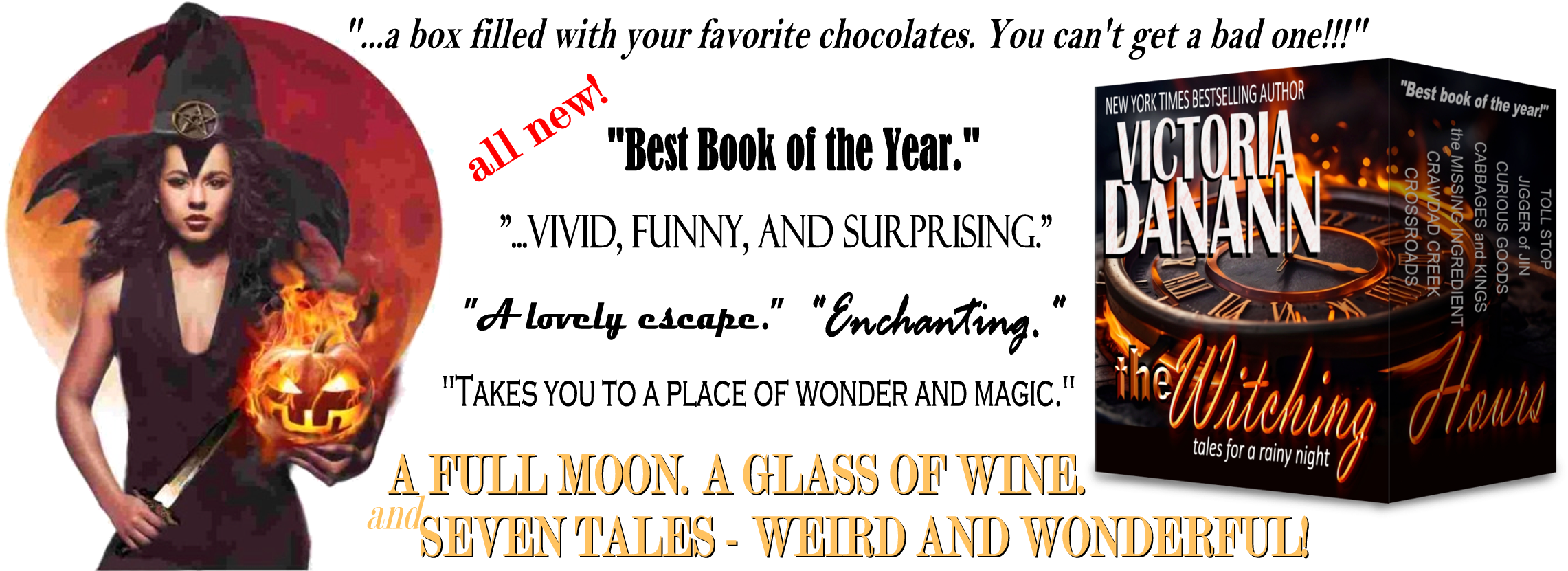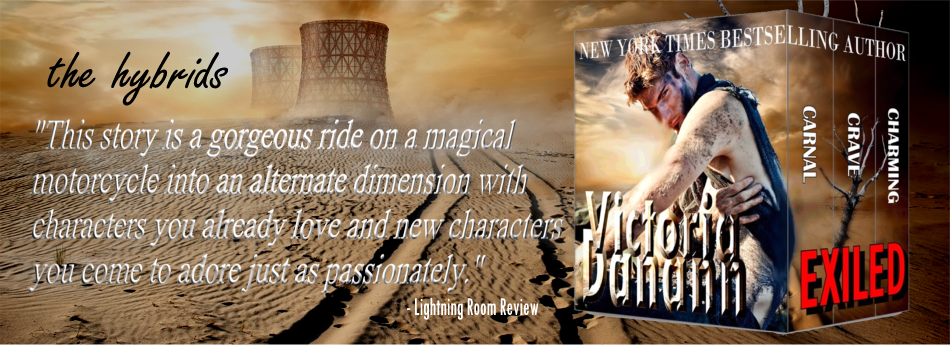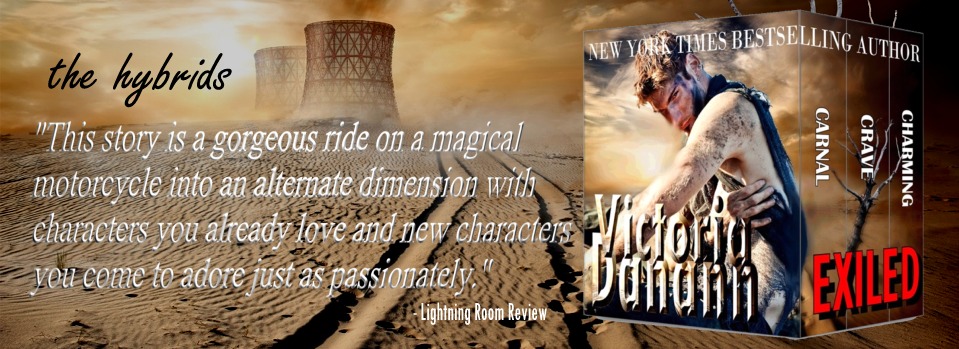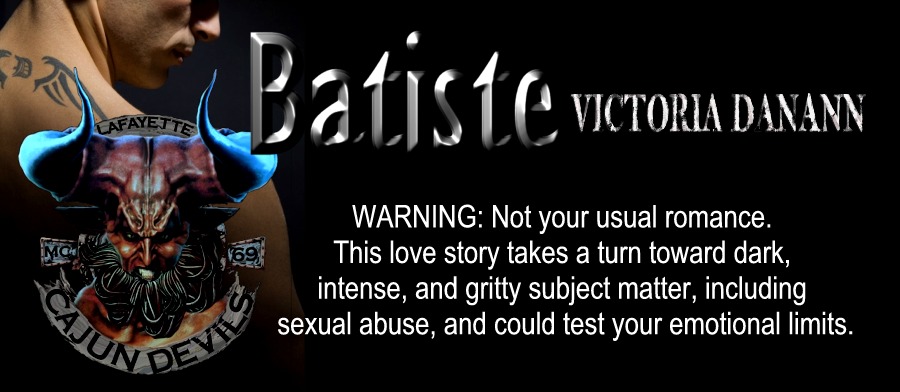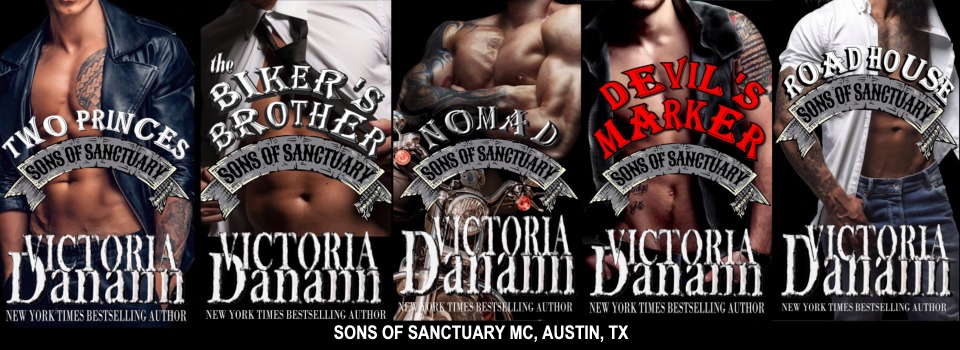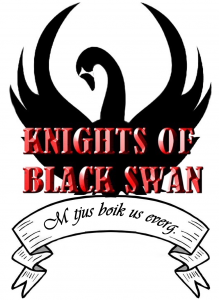EGG ON MY FACE
When Bewitched Book Tours scheduled me for a stop at Ramblings of a Coffee Addicted Writer (blog), I wondered what Roxanne was doing. After discovering the blogger is a man, I concluded that he could not possibly understand what I’m doing or appreciate it in any way. Following is his review of My Familiar Stranger. Following that is the comment I posted on his website.
After watching her family die, 23-year-old Elora Laikem barely escapes death herself with the help from her mentor, Thelonius Monq, who opens the portal in which she escapes through. The portal takes her to a parallel universe, where she meets a group of military soldiers known as The Order of the Black Swan, whose main objective is to hunt and kill vampires. The group consists of mortal elves and other mystical creatures/beings.
The group takes her in and before long she befriends Catalonius C. Monq (a double for her mentor), Kay (a berserker), Rammel Hawking (an elf), and a human named Engel Storm. She joins their team and several of the men have eyes on romancing her, especially Rammel who thinks she is his one and only. Here in this strange new world she learns that she has superhuman strength and speed.
Just as she is adjusting to her new surrounds, a 600-year-old vampire named Istvan Baka takes a unique interest in her.
I have read many vampire novels over the years, some good and some just plain awful. My Familiar Stranger is a breath of fresh air to the vampire genre that has been done to death thanks to the overrated Twilight series. My Familiar Stranger has an original plot. I thought it was pure genius that the author would set the book in a parallel universe. The characters are all likeable and the dialogue is snappy. Overall, I enjoyed reading book one in the series and I recommend it to other readers.
Thank you for helping me slay a prejudice. When I saw this blog on the book tour, I anticipated a lukewarm review for no other reason than the blogger’s sex. Feeling very silly that I assumed only women would appreciate the art of a tightly woven romance. LESSON LEARNED!! – In all humility, Victoria
The Witch's Dream BOOK TRAILER
In some ways this book trailer will be sweeter AFTER you read the book. Click the post title to enlarge the video for viewing.
My very, very special thanks to Derik Nelson, the genius behind the gorgeous voice, spellbinding acoustic guitar, and brilliant arrangement of “Never Gonna Give You Up” which is an integral part of the story.
I have this music on every single jog playlist on my iPhone. I listen to it every day and always hear something I didn’t hear before. Derik – you’re the best.
Week 13: THE NEXT BIG THING BLOG HOP
Week 13: The Next B ig Thing – September 12, 2012
ig Thing – September 12, 2012
What is the working title of your book?
The Summoner’s Tale, The Order of the Black Swan, Book Three
Where did the idea come from for the book?
Although the series is not a trilogy, the first three books have formed their own story arc so in many ways this book is like the third act in a three act play. There are two simultaneously running plots. One is the story of one of the major characters: a six-hundred-year-old former vampire, named Istvan Baka, who has amassed a fan base among Black Swan readers. The other will be a surprise.
What genre does your book fall under?
Adult Paranormal ROMANCE, Adult Paranormal Fantasy, Urban Fantasy, Chick Lit, Vampire Romance.
Which actors would you choose to play your characters in a movie rendition?
It sort of surprises me that I have an answer for this one, but, I would definitely tap Hayden Christensen to play Baka. Directors don’t always manage to get performances out of him, but I saw him in “Life As A House” when he was still a teen and know he has enough heart to give me Baka’s angst.
What is the one-sentence synopsis of your book?
I could not despise this question more. Ex-vampire tortured by six hundred years of misdeeds seeks happily ever after. See why I hate that question? Synopsizing always makes my work sound juvenile and stupid or both. AND IT’S NOT! I SWEAR!
Will your book be self-published or represented by an agency?
At this point I’m comfortable an indie, in the sense that I own the publishing company that publishes my books. I love the complete freedom that goes with deciding what I write, when, how, where, and what length the finished product will be. Editing would be a nightmare for me and I don’t want to have to go six rounds with somebody over a paragraph. I’m old enough to know better than to say never, but it seems less likely with every day that passes. Now, if we can just overcome the built-in industry prejudice toward Indies…
How long did it take you to write the first draft of your manuscript?
Two months, but that is after the first two steps of my outline process are finished and those take a year if you count the simmering in the depths of my subconscious mind.
What other books would you compare this story to within your genre?
I couldn’t be more pleased to say that is an impossible question by design. Before I started writing, I spent a full two years reading every PNR that had enjoyed any success at all so that I had a thorough understanding of what had already been done. That way I could be assured I wasn’t copying or being formulaic. People are always trying to find similarites. “Well, it’s a little like Black Dagger, but, then, as soon as you get into it you realize it’s not.” One of my favorite reviews says, “She explodes stereotypes.”
Who or What inspired you to write this book?
Kresley Cole. About three years ago I read A Hunger Like No Other and fell in love with PNR.
What else about your book might pique the reader’s interest?
Book One, My Familiar Stranger, and Book Two, The Witch’s Dream. Like Karen Marie Moning’s Fever Series, these must be read in order. I logged over 100 reviews on Amazon (74 five star and most of the four stars read like five) as an unknown author, first book, and an Indie at that within four months of release. That’s pretty much unheard of. Whether they liked it or didn’t, lots of readers were moved to talk about it.
Tagged for next week – you’re it!
Lindsey Parsons http://lindseyjparsons.wordpress.com/ William MacMillan Jones http://willmacmillanjones.wordpress.com/ Joss Landry http://josslandry.com/category/wednesday-book-reviews-other-news/ Trish Marie Dawson http://writertrishmdawson.wordpress.com/ Allison M. Cosgrove http://www.stanbrookshire.comstanbrookshire.com
THE FUTURE OF PNR
When I first heard the idea that PNR is on the way out, I dismissed it. I may have even dismissed it with an audible snort. Now, however, I’ve heard this advanced enough times that I feel compelled to address it in a more serious way.
First, let me begin by saying that, in the 50’s, the general consensus among people over the age of seventeen was that rock and roll was an overnight fad that was on the way out. Sixty years later my band is still rockin’ it out in Classic fashion and sometimes we get to play for big crowds like Warrior Dash.
Did rock and roll die? Of course not. Did it change? Oh yeah.
And it kept on changing and changing and reinventing itself. (Even people who are not rockers like Muse “Uprising”. I particularly love the last line of the chorus: We will be Victoria’s.) If Buddy Holly had lived, he would have had to change or perish because the glory of musical relevance is fleeting.
The moral of this story is this. Anne Rice broke ground. Kresley Cole and Karen Marie Moning broke ground. If more authors don’t stop the vamp-by-number, more-weres-the-better rehash and try for something different, then PNR is going to end up being recalled as fondly as rockabilly. We (musicians) love it (for a few minutes at a time) and honor it (for its place in rock history), but are we going to buy it or play it? No.
Before I started writing I spent two full years reading every PNR that had enjoyed any success so that I could know what had already been done. Then I set out to create something apart.
I get a lot of feedback that starts by saying, “I don’t really know what genre to put this in…” Those comments make me want to jump up and do a little victory dance. My idea of a great day is a review that says something like, “She explodes stereotypes.” I guess my work is a fusion between paranormal, fantasy, and scifi. That would make sense because I was steeped in a pop culture ripe with these influences.
Second, we need to redefine PNR so that everybody agrees on what it means. I’m writing true Paranormal Romance. It’s not paranormal suspense or paranormal mystery or paranormal thriller with a love interest back story. Kim Harrison and Patricia Briggs do not write Paranormal Romance. Their books are fun, exciting, sometimes thrilling, but they are not PNE. In order to be a subgenre of romance, the romance has to be the story. You can’t say John Gresham writes legal romances because there’s a love interest thread in a subplot.
All this is to say that if PNR is defined as primarily romance, then we’re not in trouble because, so long as there are women, there will be fantasizing about romance.
What do I see as the biggest threats to PNR? That would be who not what. The biggest threats are Stephanie Meyer (Twilight series) and E.L. James (Fifty Shades). Stephanie Meyer’s success has some of PNR’s most talented writers switching to YA. E.L. James’s success has PNR authors in a headlong dash toward the erotica cliff. (That’s erotica with an “a” at the end.) I don’t have to be psychic to know that’s a dead end.
Will I switch genres? No. I want to write what I write more than I want celebrity or wealth.
The Great Genre Rebellion (Sex, Romance, and the Paranormal)
If you’re interested in books with supernatural flavoring, you may have noticed the confusion surrounding genre titling. When My Familiar Stranger was published, I started out calling it Paranormal Romance. It seemed like a good description, simple and to the point. It’s a romance with paranormal elements. Right? The answer to that question seems to be: well… maybe.
My first clue that the current labels weren’t working for me was when I began getting reviews saying, “I don’t really know what genre to put this book in…” Confidentially, those comments make me want to jump up and do a victory dance and here’s why.
Once I had decided I wanted to write, I set out to perform due diligence. I spent two years reading everything in the PNR category that had enjoyed any success at all. At the end of that time I felt like I had a good overview of what had already been written and I set out to do something different.
The end result has been called a paranormal romance with a dash of scifi and a dollop of fantasy. Okay, if it doesn’t conform to formula, then I met one of my goals.
About that time I began to notice that confusion was creeping into the labeling process. So, undertaking my own examination, I was surprised by the results. In the ebook department of Amazon.com, the navigation drill down goes: Fiction – Genre Fiction – Romance – Fantasy, Futuristic, and Ghost. At first this struck me as strange because I think most readers of PNR would be searching under Paranormal Romance.
On the other hand, Fantasy, Futuristic, and Ghost may be both more descriptive and more accurate. Breaking it down I began to understand the logic behind this departure from the norm. For me, time travel romance doesn’t fall under PNR. It’s Sci-Fi Romance. But it fits beautifully under a “Futuristic” label.
Starting at the beginning, the first question is and should be, “Is it a Romance?”
In general fiction, a typical novel will feature a romance as a subplot of interest. Just as a Romance needs situational distress to vary the speed and intensity of delivery, the thriller needs romance to do the same. That does not make the book a Romance. To qualify as a Romance with a capital “R”, the romantic interest must be the main plot. It is the driving force, the book’s reason for existing. We don’t have to have character growth or a mystery solved or a quest undertaken. The question we must have answered is simply, “Do ‘blank’ and ‘blank’ end up together or not?
If the love interest is a sub plot, it doesn’t legitimately belong under the large heading of Romance, much less a subgenre of Romance.
The works of two of my favorite authors, Kim Harrison and Patricia Briggs, are often mislabeled PNR. This confusion is why I may occasionally be reviewed by a blogger who says there wasn’t a lot of “action”. That’s because it’s a true Paranormal Romance. The series mentioned are paranormal mysteries that are exciting, fun, and often thrilling. In fact some could be called Paranormal Thrillers. But they are definitely not Paranormal Romances any more than John Grisham’s books could be called “Legal Romances”. Again, the fact that there is mention of a romantic relationship doesn’t make a book a Romance.
The other labeling issue that seems to be in perpetual blur is the question of, “What is erotica?”
Sometimes people assume my books will venture into fringe eroticism and are disappointed with the perception of intimacy between two consenting adults: one male, one female as too tame.
I don’t know how the rise in eroticism is affecting Romance in general because it’s all I can do to keep up with PNR, but I can say with certainty that our understanding of what erotic means is rapidly changing. Again, I went back to Merriam Webster. When I looked up “erotica”, I was referred to “erotic” which says: “1.) of, devoted to, or tending to arouse sexual love or desire 2.) strongly marked or affected by sexual desire.” Okay. That’s my understanding, too, albeit practically Victorian in scope.
Since my goal is to please readers, I have tried to be sure they know what they’re getting by adding as much detail as I can to descriptions while trying to preserve the fun of plot and character discovery. I even put a note at the end of my synopsis about what sort of sexual content to expect.
I hope that, at some point in the future, publishers and booksellers will develop a standardized grid with a combination of tags and ratings that could be check marked.
As an author, I wouldn’t mind it. As a reader, I would love it.
Guest Blog for Bonnie Bliss.
